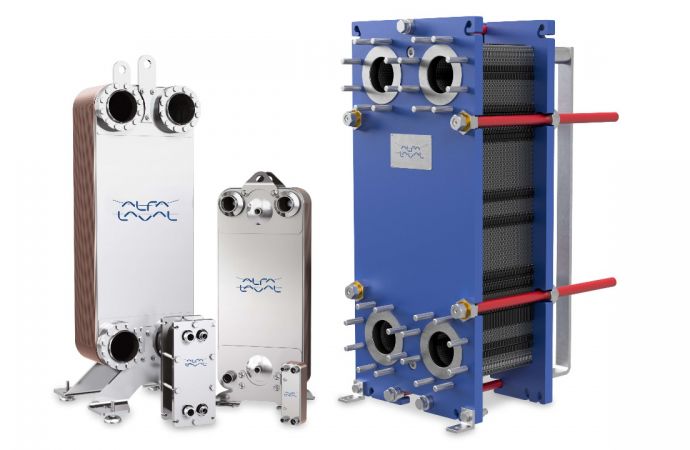On the occasion of its 30th anniversary, Frigo-Consulting tells Accelerate Europe about its journey and future plans with natural refrigerants.
_1540909355.jpg)
Photo credit: Eberhard Grossgasteiger on Unsplash.
Pledging to continue to push the boundaries of what natural refrigerants can achieve, Frigo-Consulting told Accelerate Europe that “our mission is to move refrigeration technology forward,” in an exclusive interview to mark the Swiss refrigeration consulting and engineering company’s 30th anniversary.
The company has installed over 1,000 CO2 transcritical systems since it started working with CO2-based HVAC&R technology 15 years ago.
“We want to provide our share of innovation for the benefit of end users and installers alike,” Ernst Blatter, chairman of Frigo-Consulting’s board of directors, told Accelerate Europe magazine – published by shecco, publisher of this website.
The future is natural
Headquartered in Bern, Switzerland and founded in 1988, today Frigo-Consulting has two additional Swiss offices in Lausanne and Zürich and five branch offices elsewhere in Europe (Italy, Spain, Poland, Romania and Belgium).
Asked what motivated the company to start working with natural refrigerants, Blatter said, “a good portion of curiosity, and the challenge of engaging in a completely new technology”.
“From an engineering point of view, when we started out with CO2 it was quite a challenge – this was a motivation,” he said.
“In retrospect, it was also about our gut feeling that we’re obliged to deal with natural refrigerants – that these must be the future, rather than synthetic substances,” he said.
The regulatory incentive of the HFC phasedown taking place under the EU F-Gas Regulation and the Kigali Amendment to the Montreal Protocol came only later.
“When we first started working with CO2, no-one was talking about f-gas phasedowns. It simply wasn’t on the agenda. But our gut feeling prevailed, in the end,” Blatter said.
Competition between natural refrigerants increasing
Frigo-Consulting established its own R&D department in 2004, which Blatter described as one of the highlights in the company’s history.
He estimates that today, around 80-85% of its installations use natural refrigerants. Of these, 90% use CO2 and 10% use ammonia.
Competition between different natural refrigerants in different applications has increased over the years, according to Blatter. Frigo-Consulting sees CO2 making greater inroads into the industrial sector, for example, where it competes with ammonia.
“For large capacities, ammonia is still the one,” Blatter argued. Yet lately the firm has done a lot of business with logistics centres, where it sees CO2 competing with ammonia in small to medium capacities.
In May 2018, European cash & carry giant the Transgourmet Group opened a new 120,000 m3 distribution centre in Hamburg, where a 2 MW CO2 transcritical system designed by Frigo-Consulting serves 5,265 m2 of refrigeration and 5,527 m2 of deep-freezing warehouse space (see ‘Hamburg home to Transgourmet’s largest CO2 transcritical system’, Accelerate Europe, summer 2018).
Blatter sees the Transgourmet installation in Hamburg as proof that for industrial applications, “CO2 is very much an option now”.
“We make our own calculations between CO2 and ammonia, and according to the total cost of ownership, we make our recommendation to the customer,” he explained. “We have no preference for one over the other.”
Blatter foresees a bright future for natural refrigerants as pressure to act on the environment continues to mount.
“We’re relaxed about what the next 30 years has in store. We’re sticking to natural refrigerants,” he said.
Click here to read the full article in the autumn issue of Accelerate Europe.
Related stories



